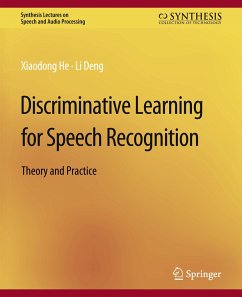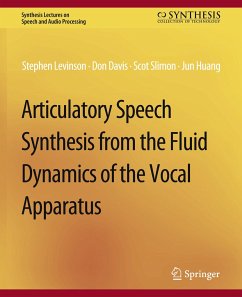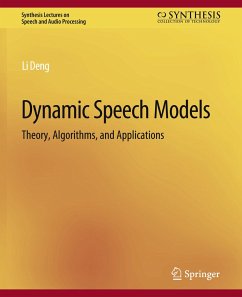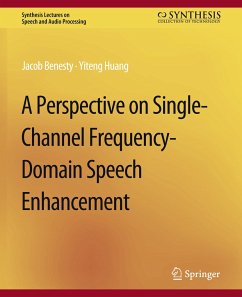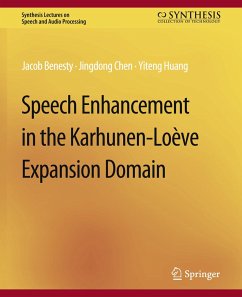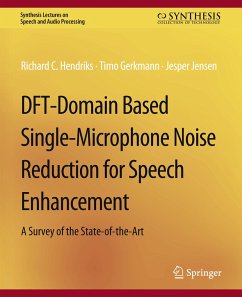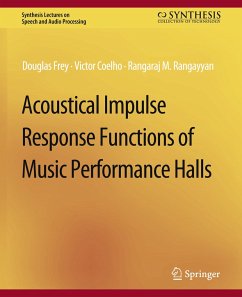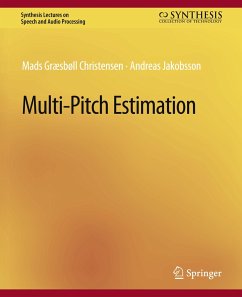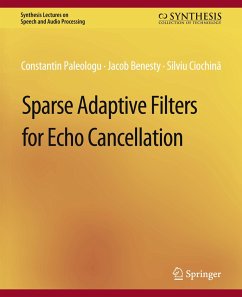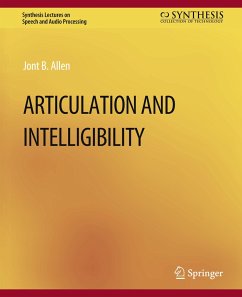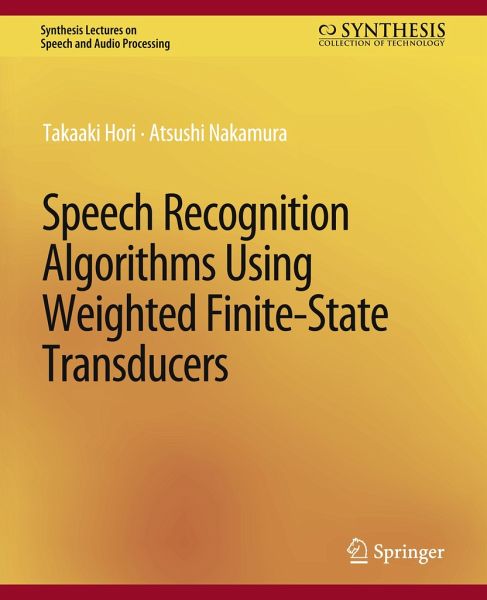
Speech Recognition Algorithms Using Weighted Finite-State Transducers

PAYBACK Punkte
0 °P sammeln!
This book introduces the theory, algorithms, and implementation techniques for efficient decoding in speech recognition mainly focusing on the Weighted Finite-State Transducer (WFST) approach. The decoding process for speech recognition is viewed as a search problem whose goal is to find a sequence of words that best matches an input speech signal. Since this process becomes computationally more expensive as the system vocabulary size increases, research has long been devoted to reducing the computational cost. Recently, the WFST approach has become an important state-of-the-art speech recogni...
This book introduces the theory, algorithms, and implementation techniques for efficient decoding in speech recognition mainly focusing on the Weighted Finite-State Transducer (WFST) approach. The decoding process for speech recognition is viewed as a search problem whose goal is to find a sequence of words that best matches an input speech signal. Since this process becomes computationally more expensive as the system vocabulary size increases, research has long been devoted to reducing the computational cost. Recently, the WFST approach has become an important state-of-the-art speech recognition technology, because it offers improved decoding speed with fewer recognition errors compared with conventional methods. However, it is not easy to understand all the algorithms used in this framework, and they are still in a black box for many people. In this book, we review the WFST approach and aim to provide comprehensive interpretations of WFST operations and decoding algorithms to help anyone who wants to understand, develop, and study WFST-based speech recognizers. We also mention recent advances in this framework and its applications to spoken language processing. Table of Contents: Introduction / Brief Overview of Speech Recognition / Introduction to Weighted Finite-State Transducers / Speech Recognition by Weighted Finite-State Transducers / Dynamic Decoders with On-the-fly WFST Operations / Summary and Perspective



